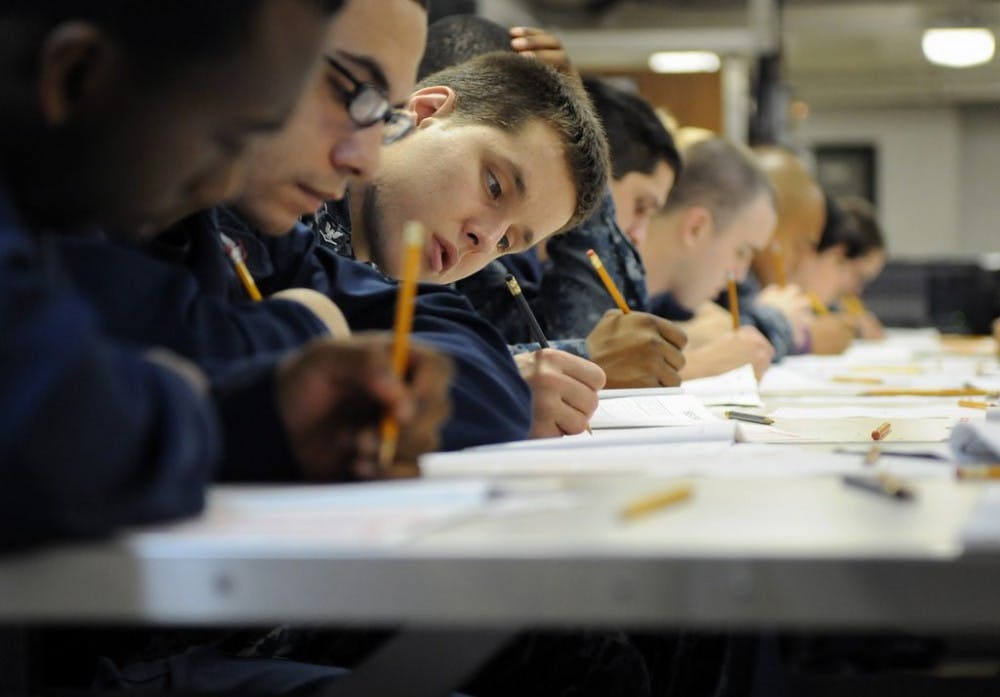Is there any way to make our brains more reliable? How can we supercharge our memorizing abilities? Turns out neuroscience gives us some crucial hints to beef up our memory and go for that coveted 4.0 GPA.
Dating back to the ancient Greeks and Romans, the method of loci is a technique that memory athletes now use to memorize a load of facts and information in competitions. Normally, when we try to memorize information, we often memorize the facts by themselves, devoid of contextual cues. For example, what I do is sit and bang through flash cards.
However, to employ the method of loci, you might even have to ditch the flash cards.
You should first imagine a physical building that you are familiar with, such as your house. You then take the facts that you want to memorize and put each distinct fact in a separate room.
Then when you want to recall the fact, you go back to that room and “open” up that fact. Therefore, what the method of loci has now made possible is for you to link facts that you would like to memorize with a specific context that makes it easier to recall.
From a neuroscience perspective, using the method of loci is a no-brainer (pun-intended). Whenever new information is learned, that knowledge is encoded by wiring new neural circuits. The more neural circuits form, the better. By having users imagine a house (or other familiar environments) and putting each fact in a room, the method of loci forces the brain to make more neural circuits.
There is empirical evidence to support the hypothesis that the method of loci really does change the way the brain encodes a memory. In a recent Neuron paper titled “Mnemonic Training Reshapes Brain Networks to Support Superior Memory,” Martin Dresler and other researchers used functional magnetic resonance imaging (fMRI) to scan the brain activities of human participants who were either memory athletes or matched controls who had never undergone the method of loci training.
The brain scans showed that memory athletes have better connected brains than normal individuals. But how much of their memory ability and corresponding neural differences are simply the result of genetics and innate talent? What if some people are just born better at memorizing than others?
Here is where the study got really interesting. It seems that we all can become memory champions with training. Normal participants underwent six weeks of memory training.
By the end of the six weeks, their memory abilities improved drastically. In a task in which participants had to memorize random words within five minutes, normal subjects were able to memorize approximately 15 words. By the end of the six-week training, they were able to memorize almost 40 words.
Such memory improvements showed correlations with structural changes in the brain as well. After training, the subjects’ brains began to become more connected similar to those of veteran memory athletes. Such a wide distribution of brain activity suggests that more neural circuits are potentially formed due to the method of loci memory training.
So what are you waiting for? Put down this article and start putting facts in your imaginary house!
Now you can thank The Brain Wave when you crush your next orgo exam.






